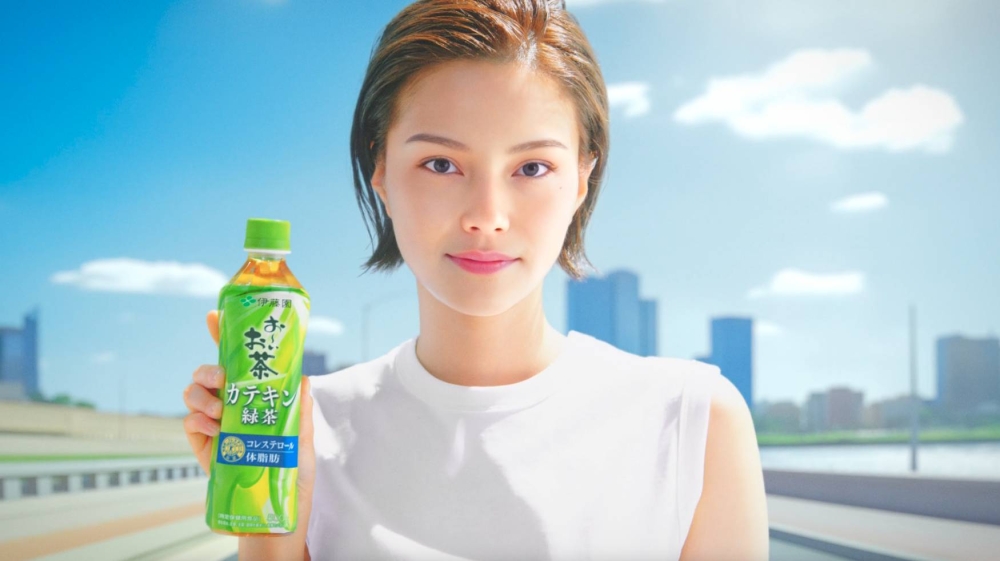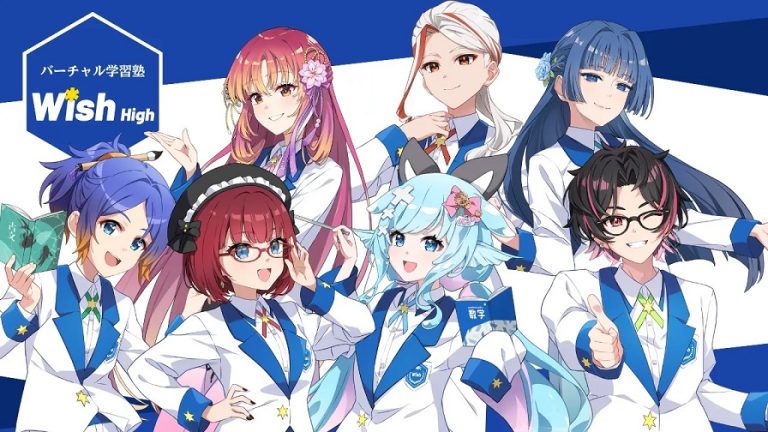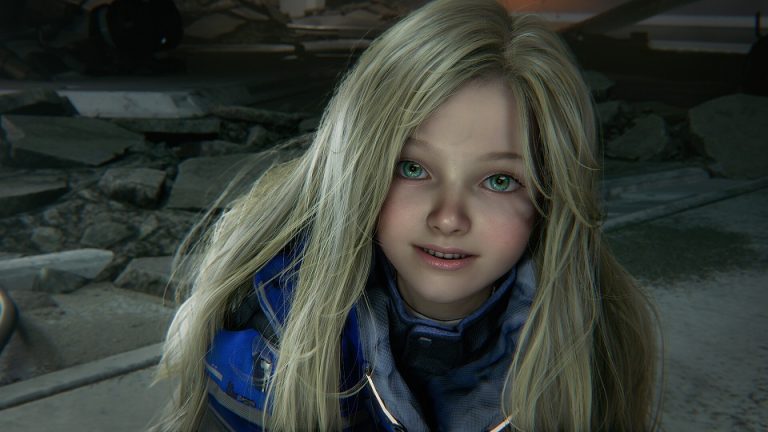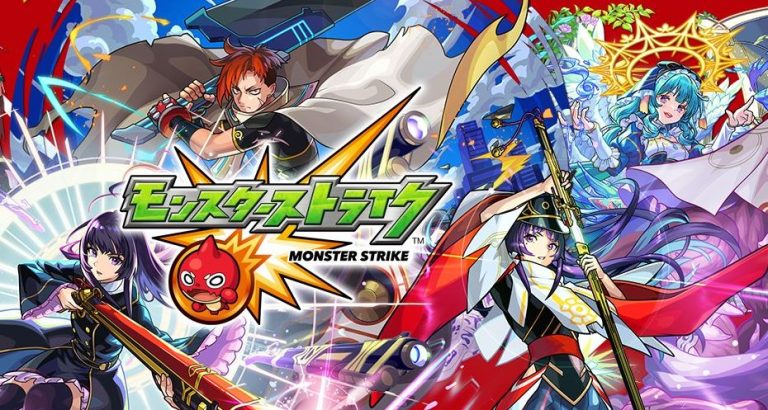The use of artificial intelligence in various industries has become increasingly common yet remains a controversial topic. The recent utilization of an “AI actress” by a Japanese company for a bottled tea commercial has started a discussion regarding the ethics of employing non-human talent.
The commercial, released by Japanese company Ito En, promotes the company’s latest low-cholesterol green tea. In the ad, a presumably older yet active woman with gray hair skips joyfully toward the screen, holding a bottle of tea. As she brings the bottle towards the screen, the line, “Start your future self now,” is delivered. When she lifts the bottle away, the woman transforms into a younger, or rather, present version of herself.
In an interview with ITmedia, a representative from Ito En discussed the concept behind the creation of the commercial. The representative explained that initially, the company had not planned to incorporate AI, but upon careful consideration, they decided that using this technology would help convey the message of their advertisement.
The representative explains that, since the theme of the commercial is working on ones future health, they wanted to include two versions of the woman, one present and the other aged gracefully, 30 years later. They decided that the use of AI was an effective way to convey this idea in a convincing manner.
Later in the interview, the representative mentions the pros and cons of utilizing an AI actress. Some merits being the technology’s versatility and the ability to create a realistic aged-up version of the real-life actress, Seira Anzai, whom the AI was modeled after. Among the downsides of using an AI-generated performer were concerns regarding copyright infringement. However, it seems that Ito En took preemptive steps to avoid copyright troubles, as the article mentions that the company sought out legal advice and ensured that the use of their AI actress was free from legal issues. When asked whether the company plans to use AI actors in future advertisements, the representative said they have no current plans to use them at this time.
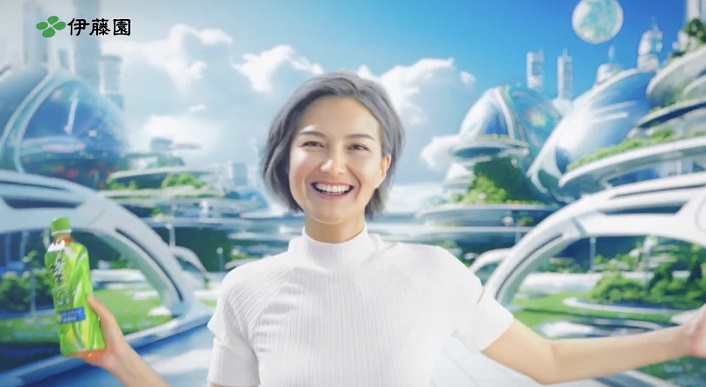
The commercial featuring the AI actress was first released on September 6, and since then has gained a lot of attention not only from online users but from individuals within the entertainment industry.
Yuki Saruwatari, a Japanese film journalist based in L.A, addressed Ito En’s decision to use AI talent amidst the recent public opposition that many creatives have demonstrated against the technology, such as the actors’ strike in America that has been ongoing for the past 100 days. Saruwatari writes, “I was greatly surprised to see a commercial from Ito En in Japan featuring AI talent instead of human actors. At a time when Hollywood actors are struggling and fighting for their rights, what they fear the most is happening casually in Japan.” The journalist goes on to question whether Ito En’s commercial’s message couldn’t have been effectively conveyed with use of human actors. Saruwatari also mentions that many companies that adopt the use of AI do so to save money, and the utilization of the technology is likely to pose a threat to actors in the future.
Japanese actor Takehiro Hira also expressed his dissatisfaction with the ad in a now-deleted post. Hira shared, “In America, hundreds of thousands of people involved in acting, writing, and film production have been on strike for six months, refusing to let AI take their jobs even at the sacrifice of their own lives. To use AI-generated actors in commercials against this background with no second thoughts is insensitive. I’m stunned.”
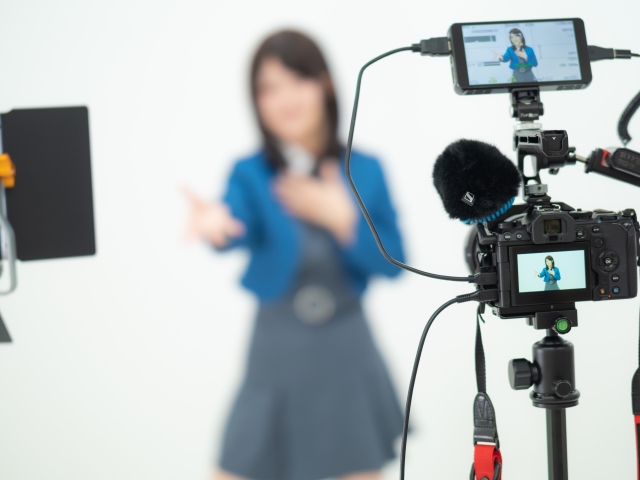
In America, the actor’s union, The Screen Actors Guild-American Federation of Television and Radio Artists (SAG-AFTRA) has been on an ongoing strike since June to advocate for the legal regulation of generative AI in the entertainment industry. Similarly, in Japan, the Nippon Anime & Film Culture Association (NAFCA), an organization dedicated to improving working conditions in the anime and film industry, has also expressed a strong desire for legal regulations on the use of the technology. NAFCA was only recently established, back in April of this year, so there have been no strikes or specific demands to limit the use of AI as of now. However, AI utilization does appear to be a significant concern for the group as just a few months ago they conducted a survey regarding the topic, to which many of those working in related industries reported their support of placing restrictions on the use of AI. (Related article)

Online users had varied opinions about the commercial, with some expressing concerns about the future of actors in the presence of AI talent, while others viewed it as an innovative use of technological advancements. Many users also had the opinion that the use of AI actors was inevitable as it is the more economical option. One user commented, “When considering the cost-effectiveness of commercials, it might be better to continue with AI. It may feel strange at first, but with continued use, perceptions can change.” In addition to financial incentives, some mentioned that another reason companies may want use the technology was that AI talent can’t be subject to scandals like human actors can. One user posted, “Misconduct and scandals can be avoided, right? Companies can’t afford to carry unnecessary risks.”
It appears that while online users saw the various downsides of using AI as opposed to human talent, many were also receptive to the change. However, for those working in industries where AI implementation is becoming increasingly common, it’s understandable why many have apprehensions about its use.

